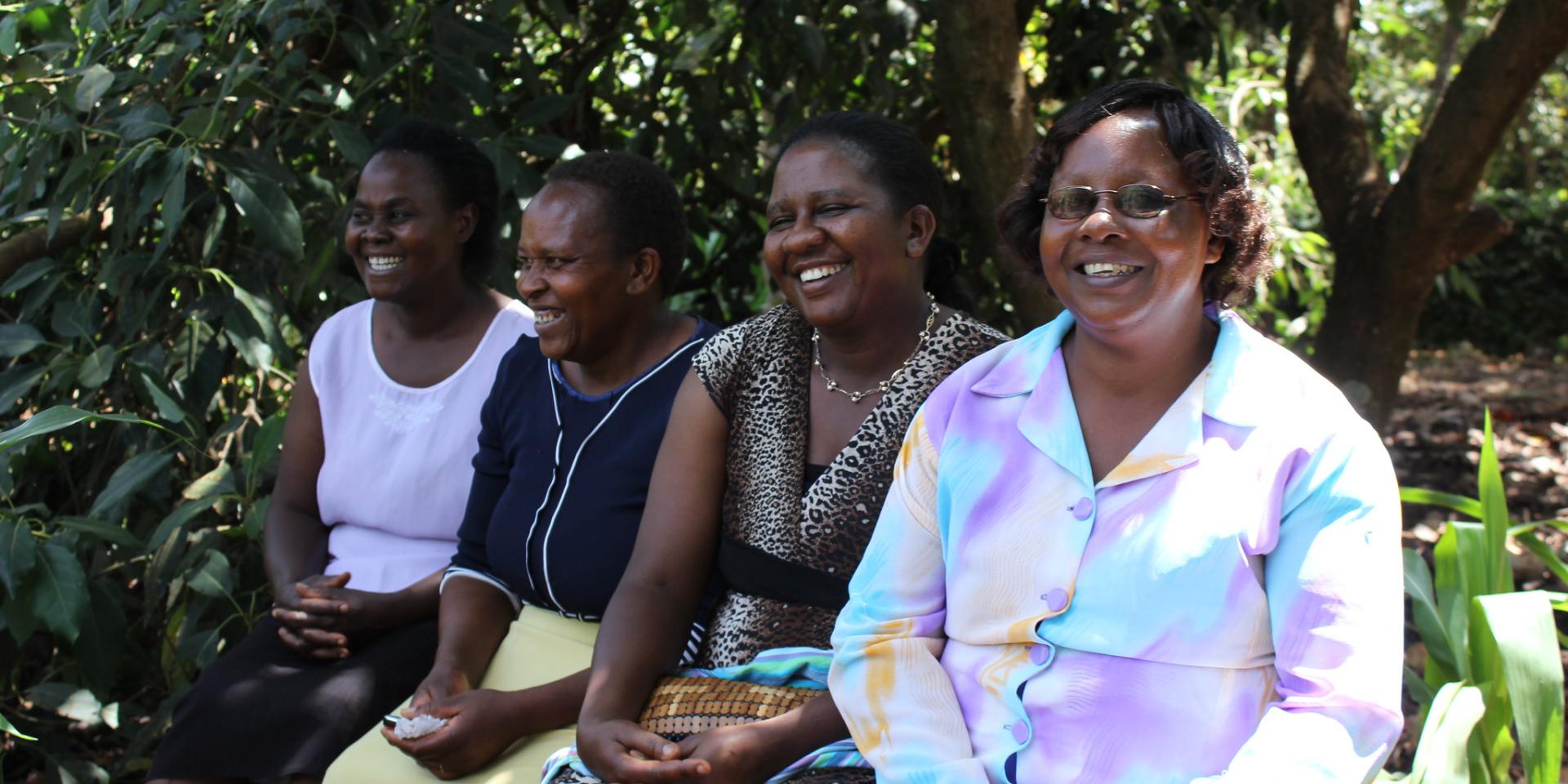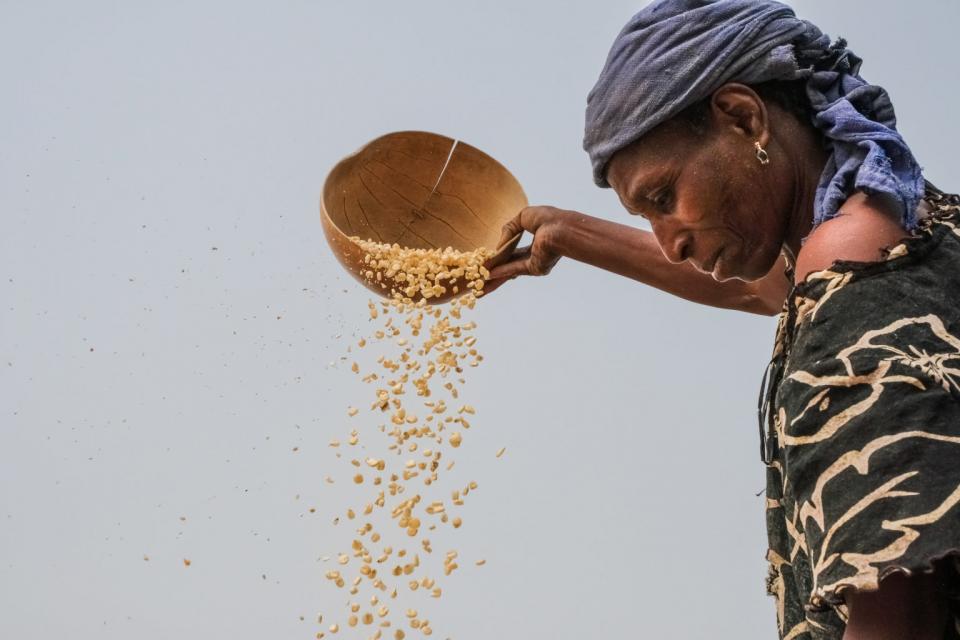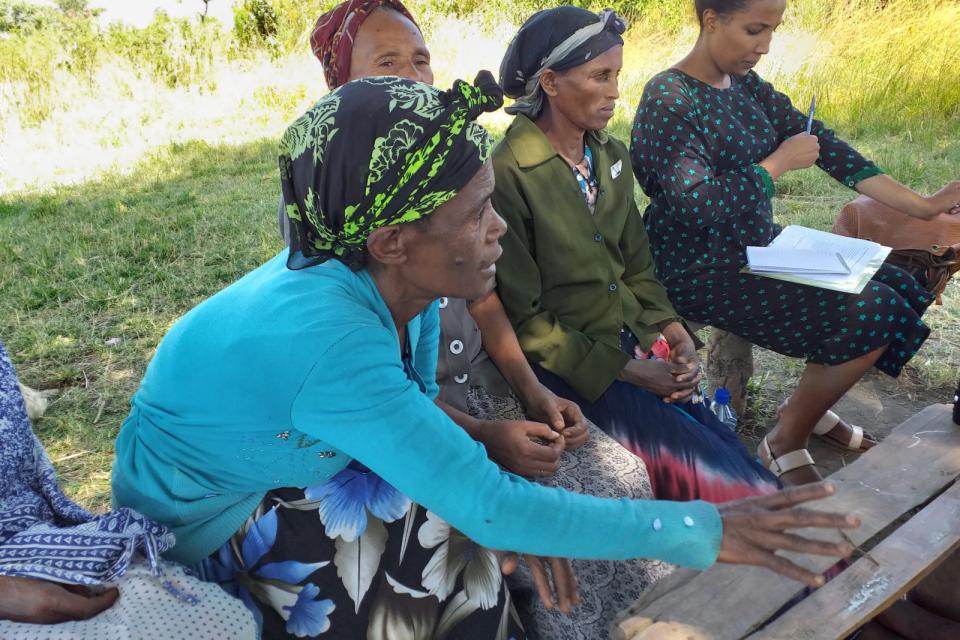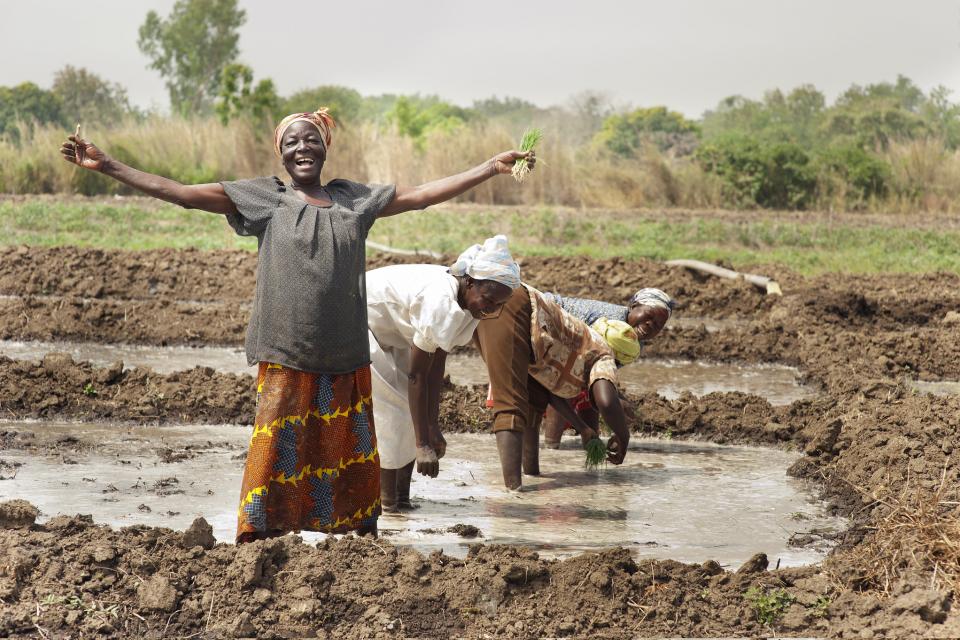Gender-transformative pathways in the regreening landscapes of Ghana
 Photo: S. Quinn/CIP
Photo: S. Quinn/CIP
The women of the Sahel regions of Ghana depend on land and tree resources for their livelihoods, in particular, the shea tree (Vitelaria paradoxa), which provides vital income to many women. The oil-rich nuts of the tree are traditionally a women’s resource, providing cash income that women control and granting them some level of financial independence.
However, in recent years, taking advantage of customary law that assigns men control over land, men have asserted greater ownership over shea parklands and extended their control over shea-nut resources, driven by the growing market value of the nuts and the butter made from them. Depriving women of this vital income.
This is a classic example of how cultural norms and customs hinder access to, control over land, fair participation and equal enjoyment of opportunities thereof in northern Ghana. These challenges are a major barrier to land restoration. Interventions targeted to deliver gender equity in projects must therefore unravel these and address them appropriately. Gender norms and customs are deeply entrenched in communities and guide how resources are allocated and restricted. Land-restoration projects need to address these dynamics to deliver inclusive and sustainable outcomes.


